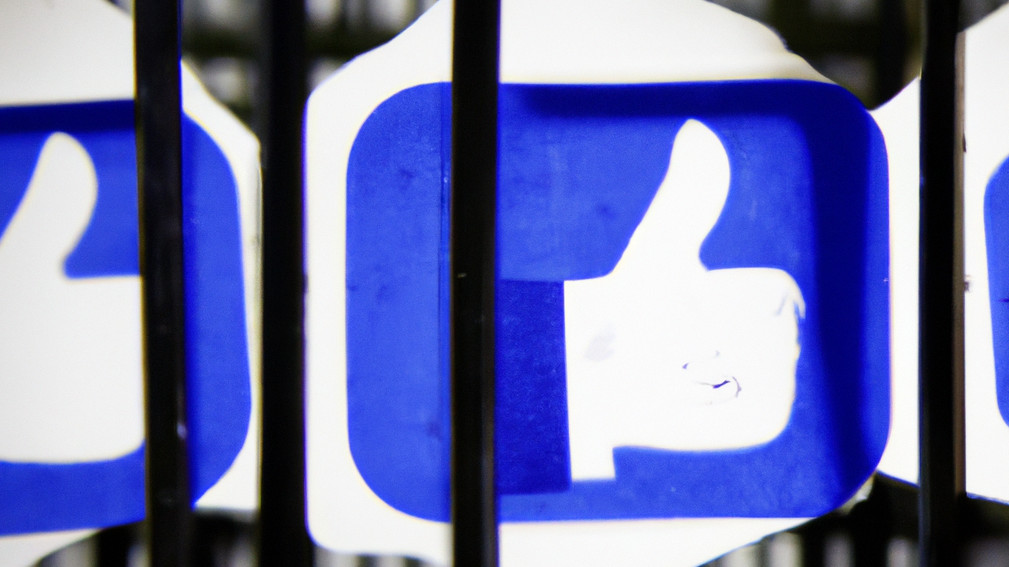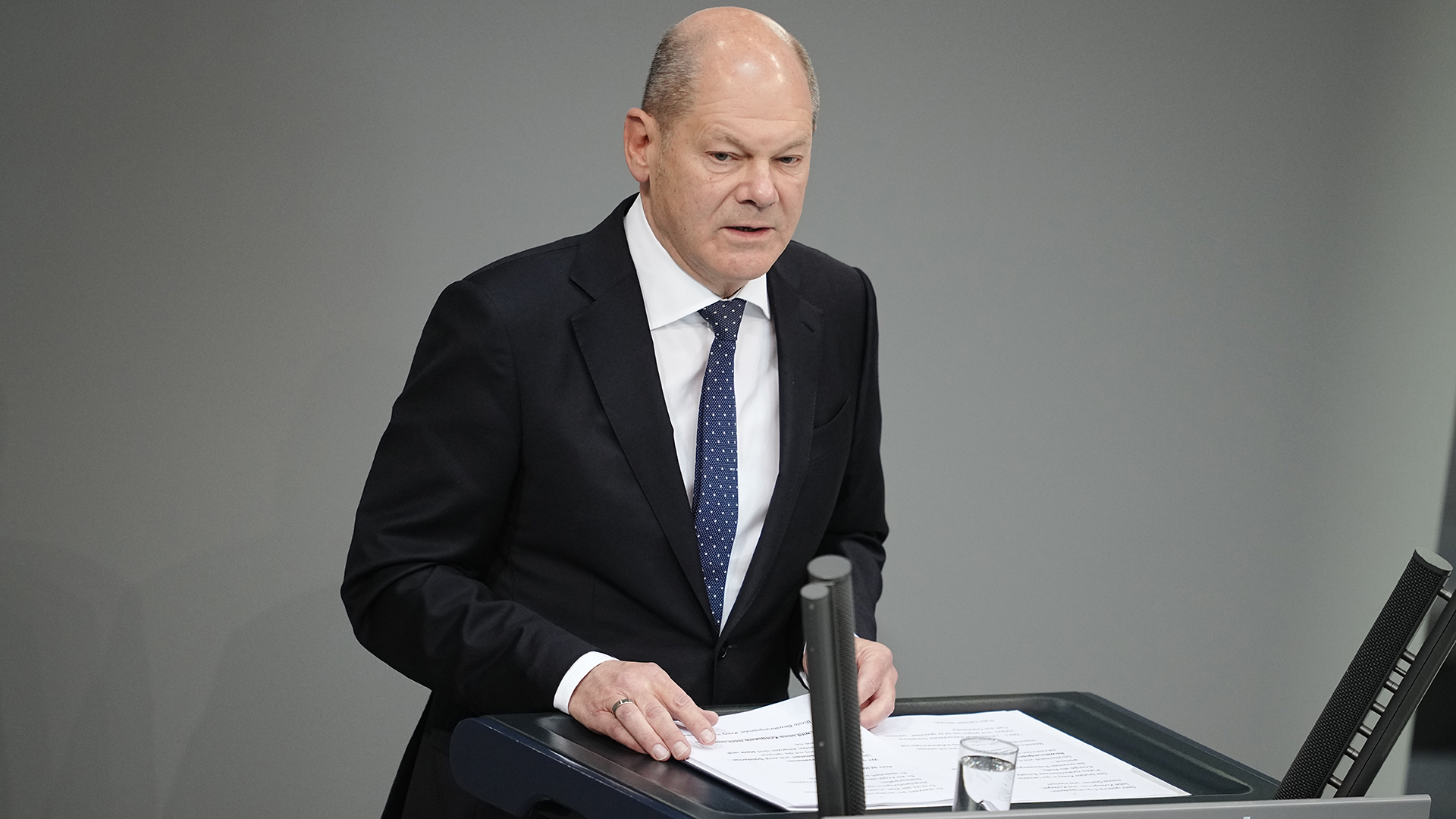Likes are the fuel of social networks. If posts are given a heart, a star or a thumbs-up with a click, they receive more circulation, more attention and thus more likes. However, the fact that a raised thumb can be a punishable statement that even justifies house searches is new. This was the decision of the Meiningen Regional Court (Case No. 6 Qs 146/22), confirming a previous ruling by the local court there. If the ruling is upheld, this will not only have consequences for social networks, but will also shift the boundaries of freedom of expression.
In June, the district court had ordered the search of a defendant's home and car. The latter had previously liked an entry by "Arminius Hetzer Hermann" on Facebook, tagging it with the emoji of a fist with thumbs up. In the entry, "Arminius Hetzer Hermann" had commented on the funeral service of two police officers who had been shot dead during a traffic stop in the Palatinate district of Kusel in January, saying "Not a single second of silence for these creatures." The district court considered it proven that the accused had made the statement his own with his Like and ordered the house search to seize smartphones and "other electronic storage media".
House search because of a Like
The accused was not the only one whose living quarters were searched. The day before the court case against the two accused of police murder began, police in 15 federal states searched the homes of 75 people accused of publishing hate postings. More than 180 devices were confiscated, mainly laptops and smartphones.
The accused appealed against the house search at the Meiningen Regional Court. He had not written his own entry, but had only liked the posting of another user. In doing so, he had neither adopted its content as his own nor was this entry directly connected to the murder of the police officers. Rather, the term "creatures" referred to the police as a whole, so there was no personal disparagement.
The court was not convinced by this argument. It concluded that the search was proportionate and lawful "because of the seriousness and strength of the suspicion". The suspect "was sufficiently suspicious of both the approval of criminal offences and the disparagement of the memory of deceased persons (under section 189 of the Criminal Code)". It had been sufficient for this that he had added the emoji to the Facebook entry. Even "recipients of pre-school age" could clearly understand the fist with the thumbs up.
Where are the limits of freedom of expression?
First of all, two legal objections can be raised against the judgement.
Firstly, the court's assumption that the defendant had "adopted" the content of the Facebook entry with his Like is questionable. Even if the impious term "creatures" in the Facebook entry "obviously denies human dignity" to the murdered police officers and is therefore to be considered a "grave affront to honour", as the court claims, this does not mean that those who publicly approve of this statement are also guilty.
Ultimately, the district court insufficiently differentiates between an insult and its approval - a distinction we make in analogue life. The court must therefore ask itself whether it wants to search the houses of people who, for example, applaud or even laugh at a presumably unlawful statement or insult at a cabaret event.
The Regional Court, however, goes even further: according to the judgement, the accused had publicly approved of a murder "in a way that is likely to disturb the public peace". However, according to section 140 of the German Criminal Code (with reference to section 126), this only applies if statements incite violence, public dangerous offences or breach of the peace. Likes in social networks are not listed there. Conversely, this means that the court is considerably narrowing the boundaries of freedom of expression. Until now, criminal law only drew the line at the point where there was an incitement to tangible violence.
With the investigative bazooka on like sparrows
Secondly, the search warrant is anything but proportionate. According to the court, it served to secure "the data on the emitting terminal device" as evidence and to confiscate the "instrumentality". Less intrusive measures had not been available, both in June and in retrospect.
However, the accused apparently did not deny at any time that he had made the assessment of the Facebook entry. The seizure of the "crime tool" smartphone has therefore also been irrelevant to the course of the investigation. So why this drastic measure, which significantly interferes with the privacy of the person concerned?
To use the smartphone here as evidence like a knife or a pistol either shows digital ignorance - or the police and courts want to shoot at like sparrows with investigative bazookas. In that case, however, the question arises as to whether their decisive action has anything to do with the fact that in this case it was not an Austrian doctor or a young Twitch streamer who was affected, but civil servants from their own ranks.
If the court decision stands, this will have serious consequences for freedom of expression - beyond the internet. This development had already become apparent at the end of 2020, when the Public Prosecutor's Office in Frankfurt am Main initiated criminal proceedings for Facebook likes for the first time.
At that time, however, the officials were still open about the fact that the proceedings served as a "warning". And only a few months earlier, in the Bundestag debate on the amendment to the Network Enforcement Act (NetzDG), even members of the government factions had admitted to "insufficient clarification of terms", for example on the question of whether or not a Like fulfils the criminal offence of "approving" according to the NetzDG. Negligently, courts are now clarifying this question - to the detriment of freedom of expression and the fundamental rights of citizens.







